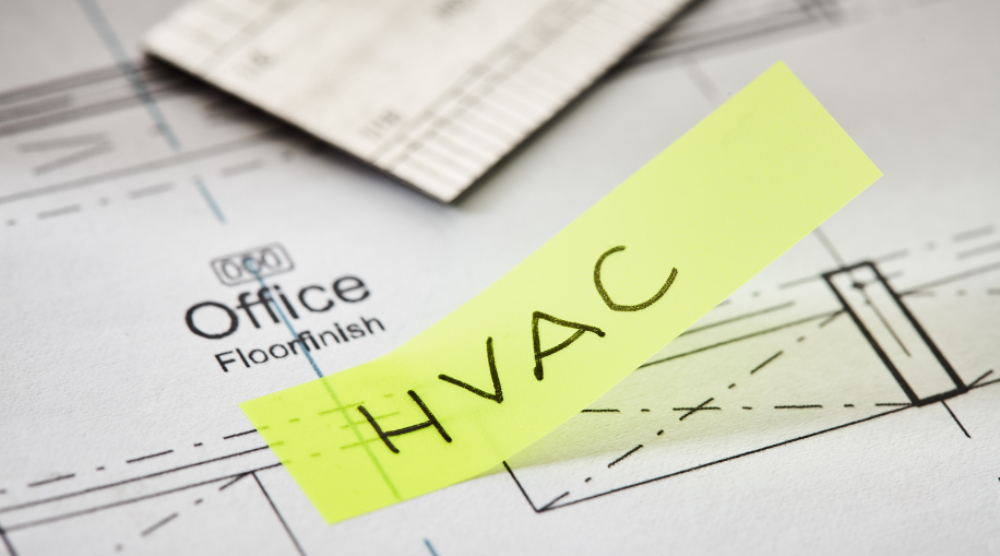From novices to seasoned veterans in the heating, ventilation, and air conditioning industry, keeping oneself updated with the latest trends, tools, and technologies is essential. When you invest in HVAC continuing education, you’re enhancing your professional capabilities, opening up new opportunities, and contributing to the success of the industry. In this article, we will explore the significance of HVAC continuing education in Texas and showcase the benefits that come with it.
Staying Compliant with Industry Regulations
One key aspect of HVAC ongoing education is to remain compliant with the constantly changing local, state, and federal regulations that govern the industry. Participation in workshops, seminars, webinars, or online courses enables professionals to stay informed about the latest updates, ensuring they provide their services in full compliance with the law.
Enhancing Technical Skills and Knowledge
As technology advances, so does the HVAC industry. Innovative solutions are rapidly emerging, such as smart thermostats and energy-efficient systems, which demand continuous skill development for effective installation and maintenance. By furthering one’s education, professionals can be adept at understanding and implementing these cutting-edge techniques and tools for optimum results.
Career Advancement and Credibility
The HVAC industry is highly competitive, and prospective employers prefer technicians who possess up-to-date knowledge and certifications. By participating in certified HVAC continuing education programs, you not only improve your resume but also demonstrate your commitment to your profession, increasing the chances of career advancement and earning potential. Furthermore, educated professionals tend to instill a sense of trust in their clients, thereby building credibility and a loyal customer base.
Networking Opportunities
When you attend seminars, workshops, or conferences, you’re not only enhancing your knowledge but also networking with other professionals within the HVAC community. Valuable connections are forged during these gatherings, which may lead to potential job opportunities, collaboration, and getting a pulse of current industry trends.
Maintaining Certification
Some organizations and professional associations mandate HVAC professionals to complete a specific number of continuing education hours to maintain their certification. Staying current on the latest tools and techniques not only ensures compliance but also upholds the industry standards and best practices.
Conclusion
HVAC ongoing education is essential for professionals seeking to remain competitive, compliant, and relevant in the ever-changing industry. As technology advances and regulations evolve, it becomes critical to invest in continuous education to enhance technical skills, advance your career, maintain certifications, and build a strong network within the community. Additionally, lifelong learning also promotes personal growth and development as a climate control expert. So, keep learning, stay updated, and contribute to the growth and success of the HVAC industry.






